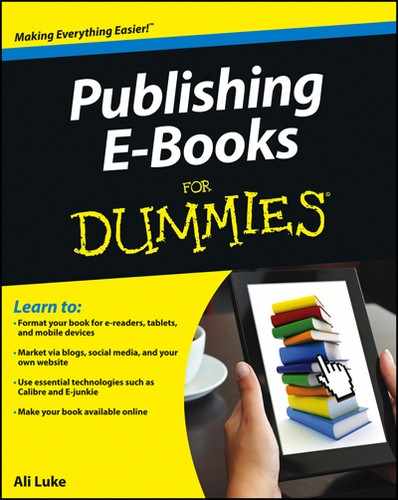Figure 10-1: Publishing E-Books For Dummies in the For Dummies store.
Overcoming Common Myths and Misunderstandings About Sales Pages
If you’ve been looking into marketing online, for e-books or for any sort of product, you’ve probably come across some advice about sales pages and some examples of sales pages. You may have mixed feelings about creating a sales page for your own e-book: Perhaps you don’t like the format, or you’re concerned that your page isn’t as good as you want it to be.
Take a look at these myths — and see whether you need to rethink any of your assumptions about sales pages.
Myth 1: All sales pages are scams
The sales pages you may have seen give off a nasty stench. They have lots of flashy icons, they pressure you to buy right now in order to snag a great deal, and they even create pop-up boxes when you try to leave in order to encourage you to stay on the site.
Sadly, scammers are out there. People run dubious “businesses” online that exist only to sell overpriced, shoddy products. But plenty of legitimate businesses also use sales pages — including lots of reputable authors who have sales pages for their e-books.
Every online store has a sales page for each book (even if that page doesn’t hold much information). Many publishing companies also have sales pages, especially if you can buy e-books directly from them. Figure 10-1 shows the For Dummies sales page for this book, Publishing E-Books For Dummies — note the use of bullet points to highlight key benefits of the book.

Myth 2: I need to be an expert copywriter to create a sales page
Some people (particularly copywriters) want you to believe that you absolutely need to hire a professional, at an eye-wateringly high rate of pay, to create a sales page for you. Of course, a professional copywriter can do an excellent job of selling your e-book — and if you have the budget for copywriting, then by all means go for it. But if money’s tight, nothing is stopping you from creating your sales page yourself.
You’re a writer, and a sales page is simply a form of writing. You might not be used to marketing yourself and your books — but the rest of this chapter will help you with that task.
Myth 3: A good sales page has to be long and give lots of details
It’s true that some sales pages relate in-depth information — but yours probably doesn’t need to do that. Unless you’re selling an e-book with a high price tag (perhaps including a lot of bonuses), your sales page can be quite short and straightforward.
Your sales page needs only a few must-have elements, so don’t feel that you need to include everything. For example, you don’t necessarily need to include a whole chapter list — several bullet points explaining the scope of your e-book may be enough.
Myth 4: I don’t need a sales page — I’m selling my book on Amazon (or B&N or a related site)
Potential readers won’t necessarily stumble across your e-book in an online store, especially when it’s first launched. Also, you have limited space for (and little control over the design of) your book’s description in these stores.
A sales page gives you all the space you want in order to tell readers about your e-book. It might simply be a page on your website with a description, a couple of quotes from reviews, and a short excerpt from the e-book — but that page gives you one easy place to direct potential new readers.
Even if you choose not to have a website or a sales page, you can still use sales page techniques to help craft your description on Amazon (www.amazon.com
) and on Smashwords (www.smashwords.com
).
